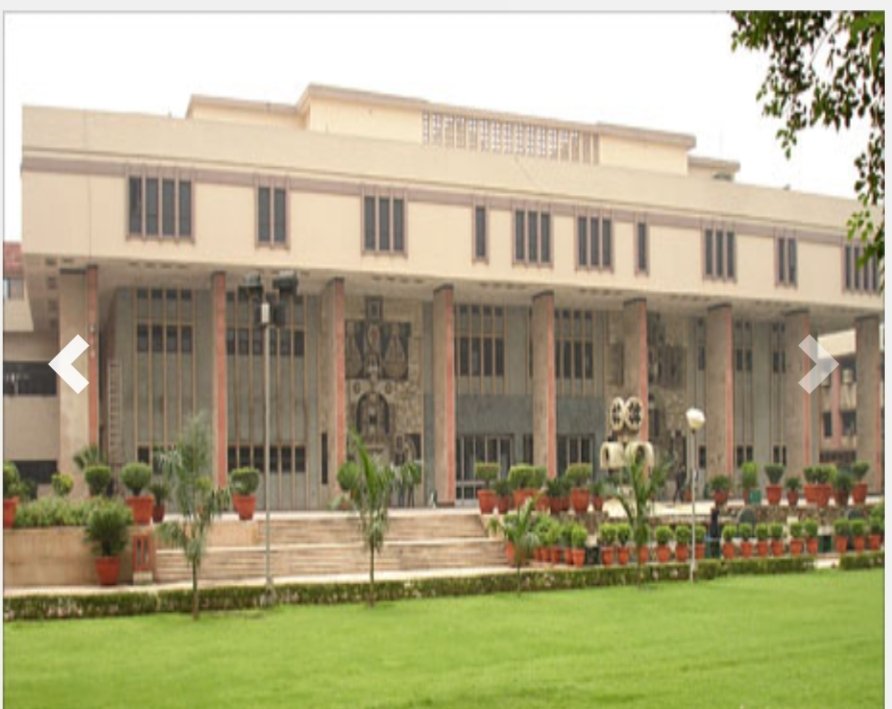In the digital entertainment realm, piracy poses a severe threat to broadcasters and the integrity of the sports industry. Piracy offers viewers free access to premium content like Bollywood films, cricket matches, and foreign series. However, it results in significant revenue losses and diminishes the incentive for the creative industry to invest in new ideas and talent. The unauthorized streaming and distribution of sporting events pose significant challenges not only to broadcasters but also to the integrity of the sports industry itself.
Star India, a major player in the Indian entertainment sector, has launched a proactive battle against illegal streaming and distribution of its content, notably the ICC Men’s T20 World Cup 2024. This move underscores the broader implications of copyright piracy for consumers, content providers, and the industry.
Case Background: Star India Private Limited v/s Magicwin.Games & Ors
Star India Private Limited sought a dynamic injunction against several rogue betting websites illegally streaming live sporting events, including the T20 World Cup and to safeguard its exclusive broadcast rights for the ICC Men’s T20 World Cup 2024. This petition aimed to prevent the illegal and unauthorized distribution and broadcasting of the cricket matches or any segments thereof. This move highlights Star India’s dedication to protecting its intellectual property and fighting piracy, ensuring its content is securely accessed only through legitimate channels.
The issue involves the ICC Men’s T20 World Cup 2024, a highly anticipated Twenty20 cricket tournament organised by the International Cricket Council (ICC). On August 27, 2022, Star India signed a full media rights arrangement with the ICC. This agreement gave Star India exclusive media and television rights in India for all ICC tournaments taking place between 2024 and 2027, including the famous T20 World Cup. The ICC confirmed the legitimacy of these rights with a formal letter dated May 22, 2024, which validated Star India’s broadcast reproduction rights under Section 37 of the Copyright Act of 1957.
This legal clause grants Star India exclusive broadcast rights and reproduces the content of these events.
However, the integrity of these rights is put at risk by defendants i.e. Magicwin.games and ors., including but not limited to domain name registrars (DNRs), telecom service providers, internet service providers, Ministry of Electronics and Information Technology (MeitY) and the Department of Telecommunications (DoT) (hereinafter collectively referred to as “Defendants”). The Defendant’s websites are involved in illegal activities by providing online betting and gambling services, which violates the Public Gambling Act of 1867. Furthermore, these websites have been streaming live athletic events without the required authority, infringing on the exclusive rights of genuine broadcasters such as Star India.
Analysis & Decision Of The Court
The court, upon reviewing the evidence and the urgency of the situation, granted an ex-parte ad-interim injunction. This order restrained the rogue websites from illegally streaming and broadcasting the cricket matches. The court recognized the dynamic nature of digital piracy and the need for a “Dynamic +” injunction, which would allow for real-time blocking of new rogue websites that may emerge during the course of the ICC Men’s T20 World Cup 2024. The court reaffirmed the importance of protecting exclusive broadcasting rights acquired through substantial financial investments. Star India’s rights, stemming from their agreement with the ICC, were recognized and upheld. The broadcast content was completely protected by the Copyright Act, 1957 the Court noted, and using these aspects without permission not only risks financial gains but also violates the copyright rights granted to the broadcast content.
The Court recognized that rogue websites engaging in the piracy of copyrighted content pose a recurring threat, particularly with the ICC events resulting in irreparable harm. Consequently, the Court highlighted the necessity for the legal system to adapt to the dynamic and rapidly evolving digital landscape.
This statement highlights how crucial it is to have flexible legal frameworks to successfully fight piracy in the digital era and maintain the validity and strength of copyright protections in a rapidly evolving technical landscape.
In its ruling, the Court referred the Universal City Studios LLC v. Dotmovies.baby, stating that Star India had a prima facie case for a dynamic plus interim injunction to protect its digital and television rights for the ICC Men’s T20 World Cup 2024. The Court emphasized that not granting the injunction would cause irreparable harm to Star India and lead to significant financial losses due to piracy. As a result, the Court restrained Defendants from unauthorized communication, hosting, streaming, or downloading of the T20 World Cup content on any digital platform.
The Court ordered Internet Service Providers (ISPs) and telecom service providers to block access to the rogue websites and directed DNRs to submit comprehensive data on these sites within two weeks. The Ministry of Electronics and Information Technology (MeitY) and the Department of Telecommunications (DoT) were instructed to issue the necessary blocking directives. ISPs were also required to disable any newly discovered malicious websites streaming ICC events upon notification from Star India. Non-infringing websites accidentally blocked could request the Court to modify the injunction.
Conclusion
The Delhi High Court’s decision in Star India Private Limited v. Magicwin.Games & Ors. marks a crucial step in the fight against digital piracy. It not only safeguards the rights of legitimate broadcasters but also ensures that substantial investments in acquiring such rights are protected. This judgment serves as a beacon for future cases, reinforcing the need for dynamic and adaptive legal measures to tackle the ever-evolving challenges of digital infringement.
This ruling sets a significant precedent for future cases involving digital piracy and unauthorized broadcasting. By adopting a proactive approach, the court has demonstrated its commitment to protecting intellectual property rights in the digital age. The decision also underscores the necessity for continual adaptation of legal frameworks to address the challenges posed by technological advancements.
Authors: Shalini Bajpai, Ananya Chakraborty & Devanshi Damania

